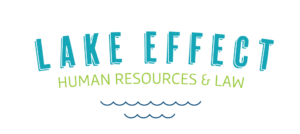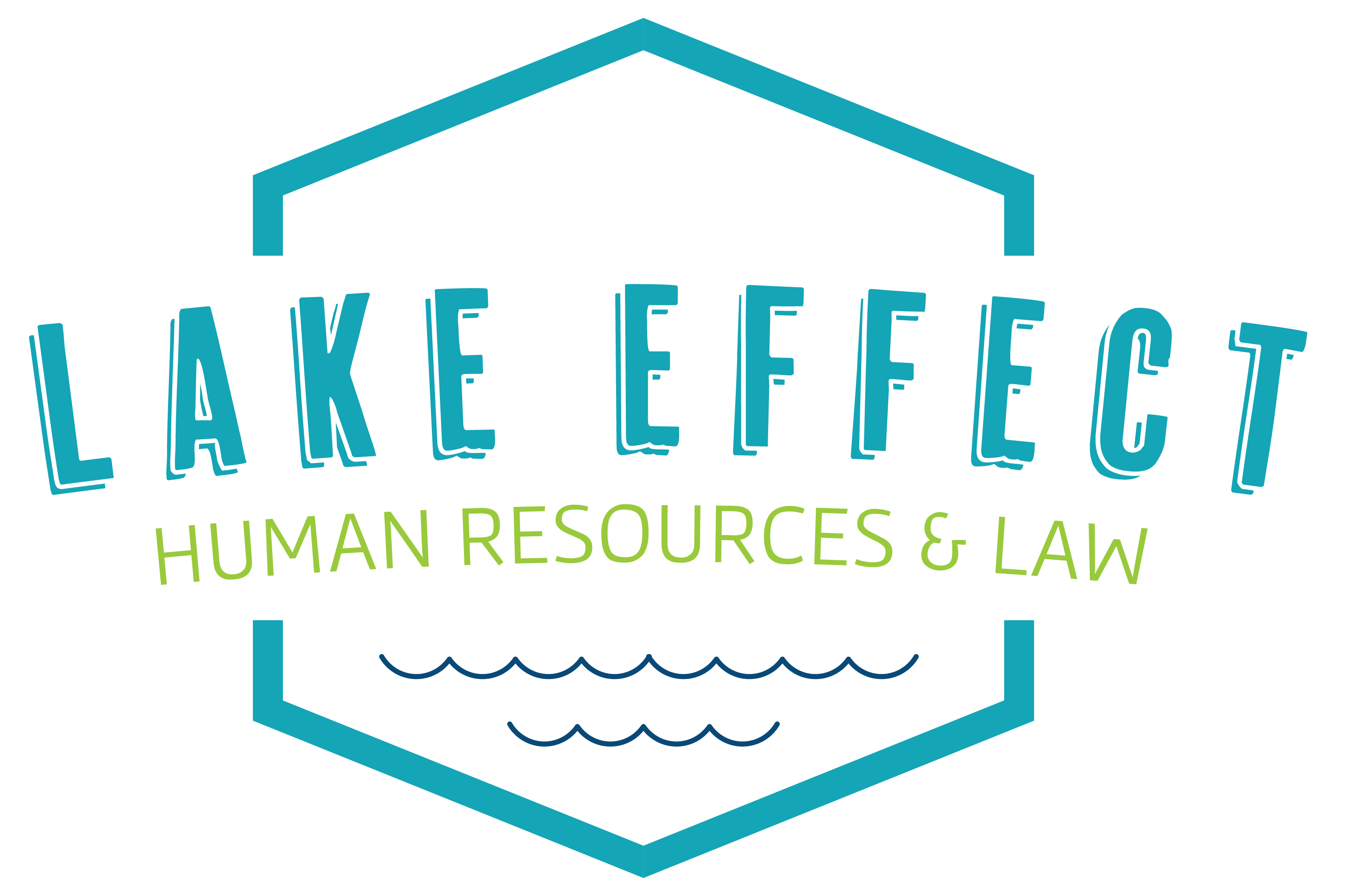Over the summer, Illinois enacted several amendments to the state’s employment laws that will take effect January 1, 2020.
Sexual Harassment Training
All employers with Illinois employees must provide sexual harassment prevention training to their employees at least annually. The Illinois Department of Human Rights has advised that it will create a model training program for employers, but at the time of this article, it is not yet available. Alternatively, employers can use their own sexual harassment training program as long as it meets the state’s legal requirements. We can also create a training program for you that complies with Illinois’ legal requirements and is tailored to fit your industry, workplace culture, and mission.
Legalization of Recreational Marijuana
Organizations with employees in Illinois will confront a new legal landscape under the Cannabis Regulation and Tax Act, which declares marijuana a “lawful product” under Illinois state law. Under the new law, the use, possession, and cultivation of marijuana for medical or recreational purposes will be legal for adults age 21 and older. There are now 11 states that allow recreational use of marijuana and 33 states that allow marijuana use for medical purposes.
The expansion of marijuana legalization in Illinois dramatically affects employer drug-free workplace and testing policies. Under the new law, employers can still prohibit the use, storage, buying, and selling of marijuana at work; they can likewise prohibit employees from being impaired or under the influence of marijuana at work. If an employer has a good faith belief that an employee is impaired at work or while on call, the employee can be disciplined only if that belief is based on specific, objective symptoms. An employee must also be given an opportunity to contest the basis of the determination of impairment. Employers cannot take an adverse action against an employee for merely testing positive for marijuana while at work. Employers should be wary of pre-employment drug testing, employment testing without reasonable suspicion and zero tolerance policies. It is not yet clear if Illinois employers can terminate employees who refuse to submit to a drug test that is based on a good faith belief of impairment.
Please contact your partners at Lake Effect Human Resources & Law if you would like to discuss a customized sexual harassment training program for your organization, or if you would like us to review your workplace and drug testing policies to ensure they comply with Illinois’ new laws.




